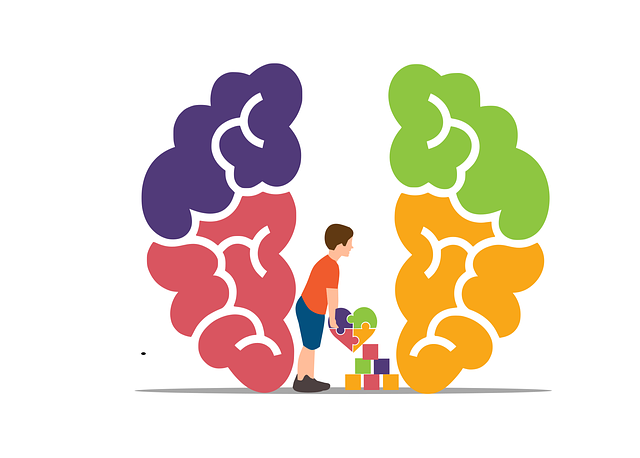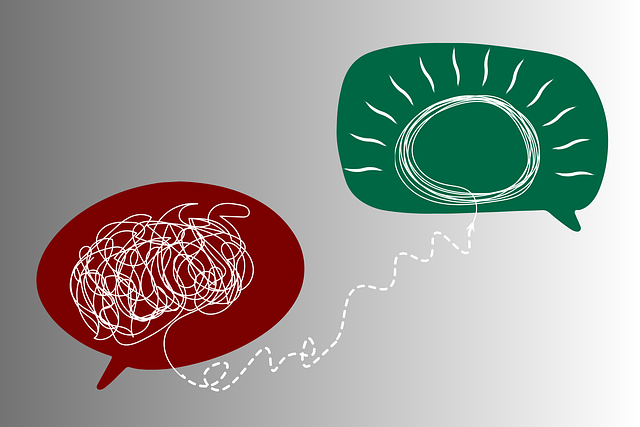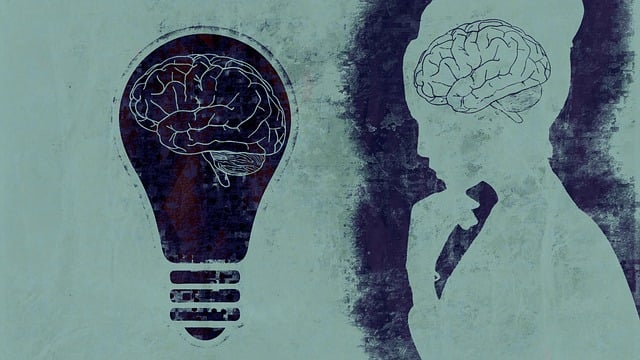In diverse societies like Westminster, cultural competency in healthcare is vital for improving services and outcomes, especially for communities with unique linguistic backgrounds. Westminster German Speaking Therapy leads the way in cultural sensitivity training, offering specialized programs that include mindfulness meditation, interactive workshops, and open discussions to bridge gaps between healthcare systems and diverse communities. Their approach enhances cultural competency among providers, fosters inclusive patient care, improves mood management tailored to individual backgrounds, strengthens therapeutic alliances, and drives successful outcomes, all while empowering professionals to create safe spaces for patients and promote equitable mental health awareness through public campaigns.
In today’s diverse healthcare landscape, cultural competency is no longer an option—it’s a necessity. Understanding and respecting different cultures and beliefs are essential for providing quality care. This article explores this critical aspect in healthcare, focusing on the unique role of Westminster German Speaking Therapy (WGST) in enhancing cultural sensitivity. We’ll delve into effective training strategies that drive positive change, ensuring all patients receive the best possible care, regardless of their background.
- Understanding Cultural Competency in Healthcare: A Necessity in Diverse Societies
- The Role of Westminster German Speaking Therapy in Enhancing Cultural Sensitivity
- Implementing Training Programs: Strategies for Effective Learning and Positive Change
Understanding Cultural Competency in Healthcare: A Necessity in Diverse Societies

In diverse societies like our own, understanding cultural competency in healthcare is no longer a luxury but a necessity. This concept involves the ability to recognize and appreciate cultural differences, and then apply this knowledge to improve health services and outcomes for all communities, including those with unique linguistic backgrounds such as German-speaking individuals in Westminster. By embracing cultural competence, healthcare providers can create an inclusive environment that respects diverse beliefs, values, and practices, fostering better patient care and satisfaction.
At the heart of this approach lies effective communication, which is facilitated by training in language accessibility services like those offered by local German Speaking Therapy groups. Moreover, integrating Mind Over Matter principles into practice encourages mental health professionals to navigate complex cultural landscapes with sensitivity. Additionally, implementing successful Community Outreach Program Initiatives can bridge gaps between healthcare systems and diverse communities, enhancing trust and access to care. Effective risk management planning for these interactions is also crucial, ensuring that both patients and providers feel safe and respected throughout the healing process.
The Role of Westminster German Speaking Therapy in Enhancing Cultural Sensitivity

Westminster German Speaking Therapy plays a pivotal role in enhancing cultural sensitivity within healthcare settings. By providing specialized training, this organization equips professionals with the knowledge and skills to navigate diverse cultural landscapes, fostering more inclusive and effective patient care. Their programs delve into the nuances of various cultures, encouraging therapists to embrace mindfulness meditation as a tool for understanding hidden emotional barriers. This holistic approach not only boosts confidence in treating a wide range of patients but also enhances mood management strategies tailored to individual cultural backgrounds.
Through interactive workshops and discussions, Westminster German Speaking Therapy promotes an environment where professionals can explore challenging topics openly. They emphasize the importance of cultural competency as a continuous journey rather than a one-time event. By integrating practices like mindfulness meditation into their training, they empower healthcare providers to create safe spaces for patients, encouraging open communication and strengthening therapeutic alliances, ultimately leading to more successful outcomes.
Implementing Training Programs: Strategies for Effective Learning and Positive Change

Implementing Training Programs is a pivotal step in fostering Cultural Competency among Healthcare Providers. At Westminster German Speaking Therapy, we’ve found success through interactive workshops that engage participants in diverse scenarios, encouraging them to reflect on their cultural biases and develop strategies for effective communication with patients from various backgrounds. These sessions often incorporate real-life case studies, role-playing exercises, and group discussions, allowing professionals to practice navigating cultural nuances in a safe environment.
Positive change emerges when training goes beyond mere information sharing. Our programs emphasize practical skills development, such as active listening, culturally sensitive questioning techniques, and adaptation of therapeutic approaches. By integrating these strategies into clinical practice, healthcare providers can improve patient outcomes, enhance satisfaction, and contribute to the broader goal of equitable Mental Health Awareness through Public Awareness Campaigns Development.
Cultural competency training, as highlighted by Westminster German Speaking Therapy’s innovative approach, is a pivotal tool in shaping inclusive healthcare systems. By equipping providers with the skills to navigate diverse cultural landscapes, we foster better patient care and outcomes. Implementing evidence-based training programs, such as those modeled after successful initiatives like Westminster German Speaking Therapy, can drive positive change, ensuring that healthcare remains accessible and sensitive to all communities.














